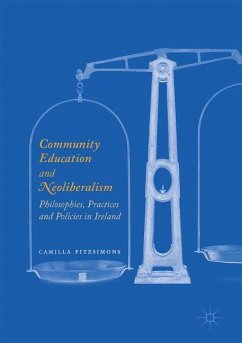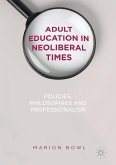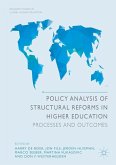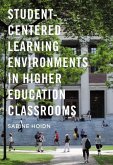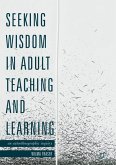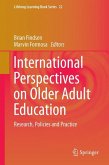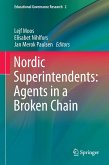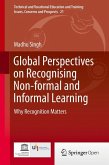This book explores community education in Ireland and argues that neoliberalism has had a profound effect on community education. Rather than retain its foundational characteristics of collective, equality-led principles and practices, community education has lost much of its independence and has been reshaped into spaces characterised by labour-market activation, vocationalisation and marketisation. These changes have often, though not always, run contrary to the wishes of those involved in community education creating enormous tensions for practitioners, course providers and participants.
"Fitzsimons has expertly documented the damage wrought by neoliberal policies on the collective, equality-based ethos of community education in Ireland. Her groundbreaking, accessible analysis is essential reading for those interested in community education and its future. In Ireland and abroad, students, educators, and policymakers will benefit from paying it close attention." (Thomas Murray, Adult Education Quarterly, Vol. 68 (3), 2018)
"It will certainly appeal to a wide audience and, I suspect, especially practitioners, helping those engaged in community education reflect critically on their practice and consider the opportunities for broadening the field and reinvigorating community education and its potential. ... It is a valuable contribution to the theory and practice of community education and, arguably succeeds in it stated aim of 'nudging practitioners towards a more radical way of working.'" (Louise O'Meara, The Adult Learner, 2017)
"It will certainly appeal to a wide audience and, I suspect, especially practitioners, helping those engaged in community education reflect critically on their practice and consider the opportunities for broadening the field and reinvigorating community education and its potential. ... It is a valuable contribution to the theory and practice of community education and, arguably succeeds in it stated aim of 'nudging practitioners towards a more radical way of working.'" (Louise O'Meara, The Adult Learner, 2017)

